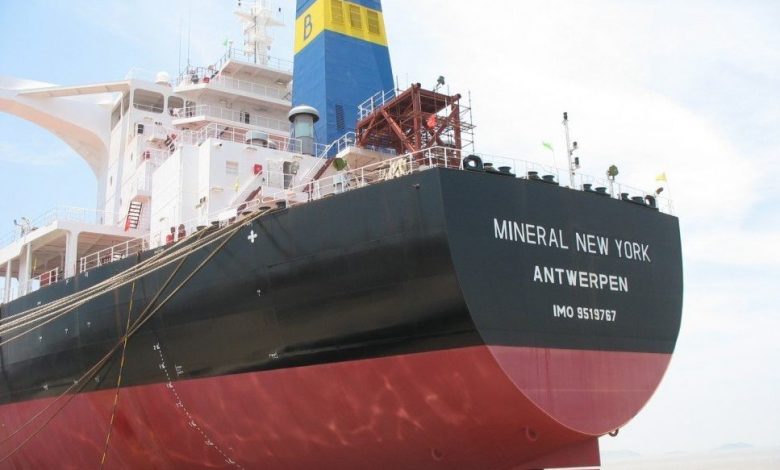CMB becomes the world’s first net zero shipping line

Pioneering Compagnie Maritime Belge (CMB), which turned 125 on Friday, is set to become the first shipping line in the world to be net zero.
CMB has announced all its carbon emissions will be offset starting this year, and long term the company, a leader in hydrogen propulsion, has pledged to invest in new technologies to operate a zero carbon fleet by 2050.
For this year, CMB has supported certified climate projects in developing countries, acquiring voluntary carbon units in Zambia, Guatemala and India.
On its 2050 total decarbonisation goal, CMB stated in a release: “CMB is of the opinion that it can achieve zero carbon emissions from its shipping operations in 2050. Even though many low and zero carbon technologies are still in the early stages of their development – and today there are unfortunately no economically viable alternatives to diesel – CMB is convinced that the shipping industry will find solutions to provide zero carbon shipping by 2050.”
CMB has been developing a range of hydrogen-related technologies in recent years.
“As we will bring concrete zero-carbon projects to life in the coming months and years, we will continue to actively engage and cooperate with other shipping companies, our customers, our suppliers, our banks and national and international politicians to achieve zero carbon shipping,” CMB stated.
Alexander Saverys, CEO of CMB, told Splash earlier this month he was expecting to see significant fuel developments during 2020.
“I’m not expecting any major large-scale breakthroughs because a lot of research is still in its early stages,” Saverys told Splash, saying he anticipates “smaller, but nevertheless meaningful breakthroughs”, which will serve as valuable testbeds in the development of larger applications.

Yeah. Right.
Offsets.
If this had been announced in 2000, people might have been impressed. But it’s twenty years too late to waste people’s time with offsets. This looks a bit Michael Mouse.
No doubt CMB are perfectly sincere. But presumably this announcement is aimed beyond the shipping industry and nobody outside our little industry is gong to be impressed by talk of offsets from any company in ship owning. As an industry, our reputation for integrity is ever so slightly blighted by seventy years of tax dodging, paying substandard wages and tipping our filth into the sea.
Stop greenwashing and come back with some credible data. The only data that will be believed is data that has been proven by independent experts using scientific methods.
There is nothing to say against greenwashing, if it is done right (in one of the instances it does help the third world population to raise their living standard, which has a positive humanitarean effect, too!).
The question would be, if the same amount of capital is being spent in research and development. CMB certainly does it’s share, unlike maybe others (who could afford).
What one might wonder, if it is done as a classic carbon off-set and a simple calculation like:
Some 80 ships x burn average 20 tons fuel per day x carbon content 3.11 x 180 sailing days = ~1 Mio tons of CO2. If one ton of carbon dioxide off-set costs 20-40 USD, that would be a highly respectible amount of support.
More transparency here!